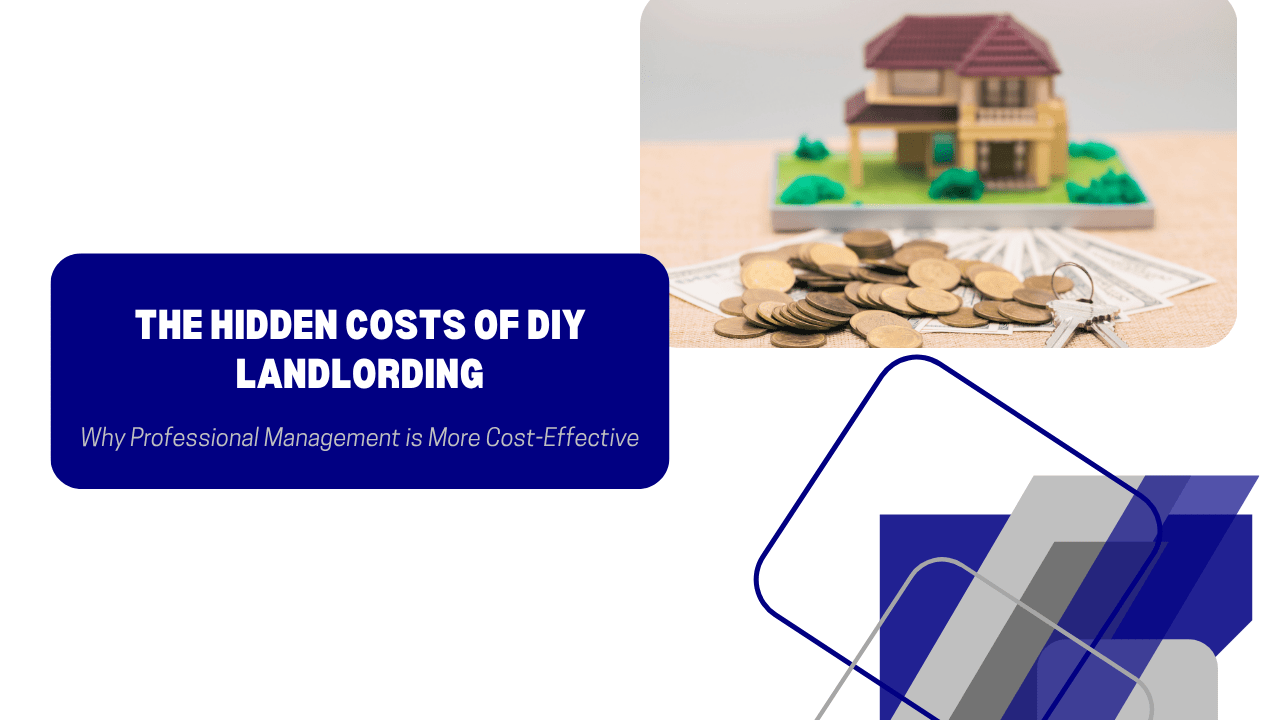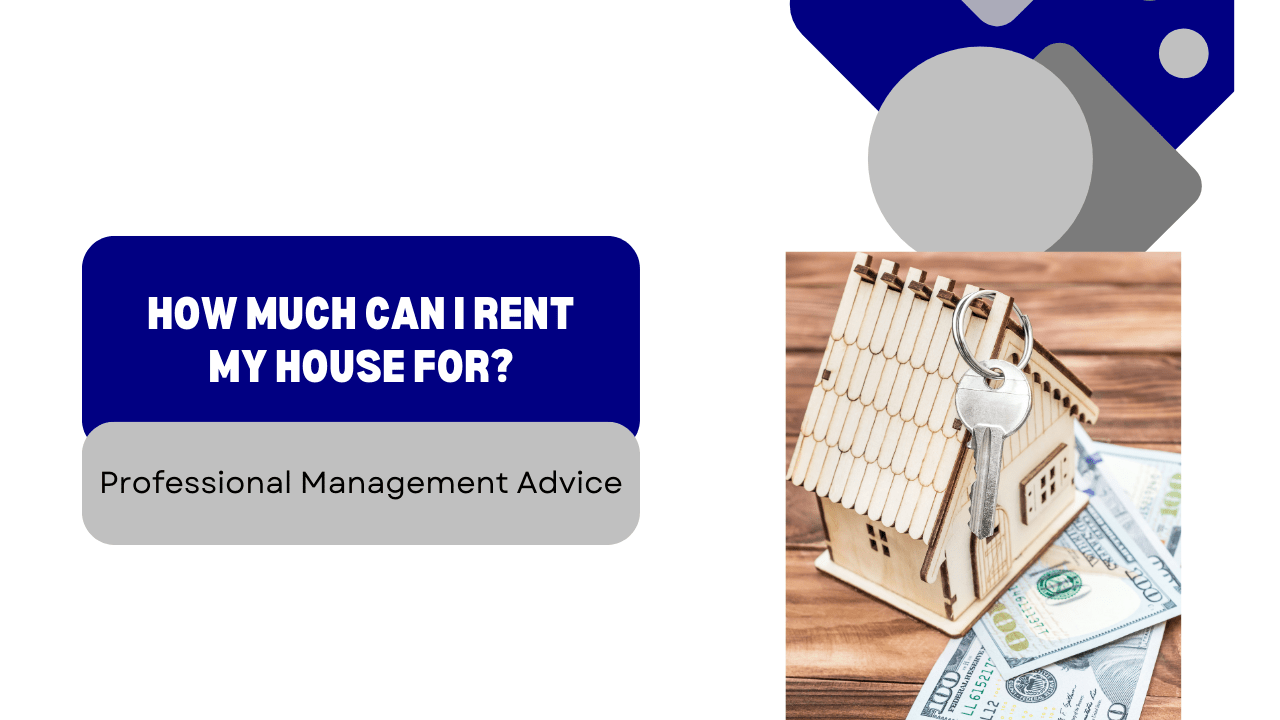There are dozens of excellent reasons to rent out a home, but most Sacramento landlords know that it’s not always smooth sailing. One of the most challenging aspects of
rental property management is dealing with difficult tenants.
Those difficult tenants come in all shapes, sizes, and mannerisms. Maybe they’re frequently late with rent or disruptive to neighbors. Maybe they cause damage to the property or keep trying to sneak in an unapproved pet. Understanding how to effectively manage such people and situations is crucial.
Who We’re Dealing With: Understanding Difficult Tenant Types
Before you can effectively deal with problematic tenants, it’s important to understand the different types of problem tenants you may encounter:
- Your Late Payer: This tenant consistently pays rent late, disrupting your cash flow.
- Your Rule Breaker: Often disregards the terms of the lease, whether it’s hosting unauthorized tenants or keeping pets without permission.
- Your Complainer: Constantly finds new issues to report, whether justified or not.
- Your Disruptive Tenant: Causes disturbances that affect neighbors and potentially breach lease agreements.
- Your Property Damager: Shows little regard for maintaining the property, leading to excessive
wear and tear or outright damage.
Strategies for Managing Difficult Tenants
The way you manage your communication and your response to these difficult tenants will depend on the problem and their communication style. Always remain professional. It can be difficult, but you don’t want to escalate a dispute or cause further problems. Here are some of the best ways to manage those difficult residents without compromising your own reputation or putting your property at risk:
1.Set Clear Expectations from the Start
Begin with a solid
lease agreement that outlines rules and expectations clearly. Discuss these terms with potential tenants before and ensure everyone is on the same page.
2. Conduct Thorough Tenant Screening
One of the best ways to avoid difficult tenants is by screening applicants thoroughly. Use background checks, credit checks, and landlord references. A comprehensive screening process can help identify red flags.
3. Create a Late Fee Policy
For tenants who frequently pay rent late, make sure you have a late fee policy in place. This serves as a deterrent and should help mitigate late rent payments. Include this policy in your lease agreement.
4. Handle Complaints Professionally
When dealing with complainers, professionalism is key. Listen to their concerns, address any legitimate issues, and document all interactions. This practice not only helps resolve issues effectively but also protects you legally if disputes arise.
5. Address Rule Violations Promptly
For rule breakers, address violations immediately. Be firm but fair, reminding them of lease terms and issuing formal warnings if necessary. Consistent enforcement of rules helps maintain order and fairness among all tenants.
Always use the security deposit for tenant damage, and make sure you document every detail, from inspection reports to communication during the tenancy.


















